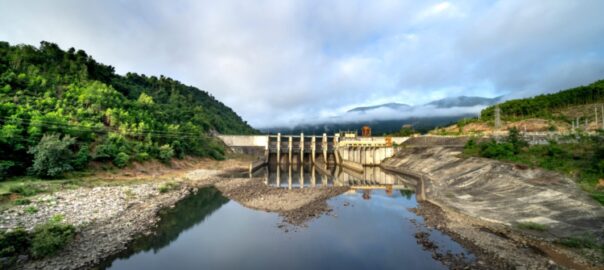As the world faces the pressing challenges of climate change and environmental degradation, the need for sustainable and renewable energy solutions has become paramount. Environmental scientists are at the forefront of driving the transition towards renewable energy sources. In this blog, we will delve into the crucial role played by environmental scientists in advancing renewable energy solutions, while addressing key environmental concerns such as urban sustainability, water resource management, climate change, biodiversity, and more.
Renewable Energy
Paving the Way to a Sustainable Future Renewable energy holds the promise of a cleaner and more sustainable future. Environmental scientists are actively involved in researching, developing, and implementing renewable energy technologies. Through their expertise in areas such as solar, wind, hydroelectric, and geothermal power, they strive to reduce reliance on fossil fuels and mitigate the harmful effects of climate change. By promoting the use of renewable energy sources, they aim to create a greener and more sustainable energy landscape.
Urban Sustainability and Renewable Energy
Integration One of the key aspects of urban sustainability is the integration of renewable energy sources into the fabric of cities. Environmental scientists work closely with urban planners and policymakers to identify suitable locations for renewable energy infrastructure, such as solar panels and wind turbines. By leveraging green infrastructure and sustainable transportation, they help create environmentally friendly cities that reduce carbon emissions, enhance energy efficiency, and promote sustainable living.
Water Resource Management and Renewable Energy Synergy
Effective water resource management is crucial for both sustainable development and renewable energy production. Environmental scientists recognize the interconnection between water resources and renewable energy solutions. They conduct research on the impact of renewable energy projects on water quality and availability, while also exploring innovative ways to harness energy from water sources sustainably. By aligning water resource management practices with renewable energy strategies, they ensure a holistic approach to sustainability.
Climate Change Mitigation and Renewable Energy Adoption
Climate change is one of the most pressing global challenges, and renewable energy plays a vital role in mitigating its effects. Environmental scientists study the impacts of climate change on ecosystems, communities, and natural resources. They work tirelessly to develop renewable energy solutions that reduce greenhouse gas emissions and promote a low-carbon future. By advocating for renewable energy adoption, they contribute to global efforts in combating climate change and achieving a more sustainable planet.
Biodiversity Conservation and Renewable Energy Projects
Environmental scientists understand the importance of biodiversity conservation in tandem with renewable energy projects. They assess the potential environmental impacts of renewable energy installations, such as wind farms or hydropower plants, on local ecosystems and wildlife habitats. By implementing best practices and incorporating measures to minimize ecological disruption, they ensure that renewable energy projects coexist harmoniously with biodiversity conservation efforts, protecting both the environment and its inhabitants.
Conclusion
Environmental scientists play a vital role in advancing renewable energy solutions and driving the transition towards a sustainable future. Their expertise and research contribute to the integration of renewable energy into urban sustainability plans, water resource management strategies, climate change mitigation efforts, and biodiversity conservation initiatives. By advocating for renewable energy adoption and promoting its synergy with other environmental concerns such as water conservation, pollution control, and sustainable transportation, environmental scientists are actively shaping a greener and more sustainable world for generations to come.
